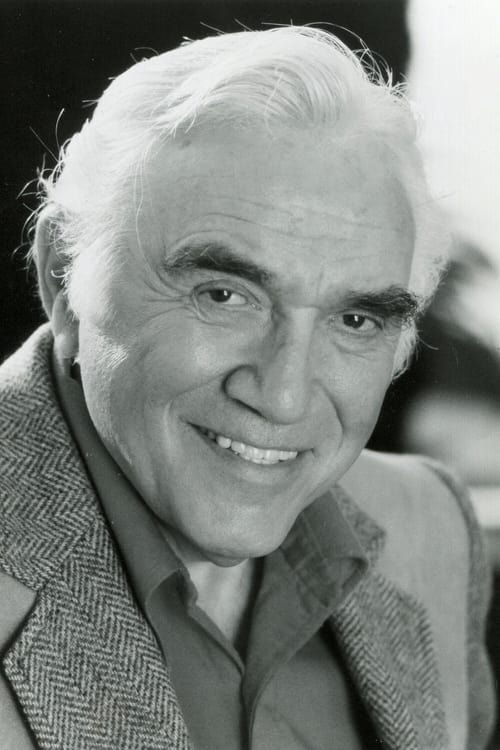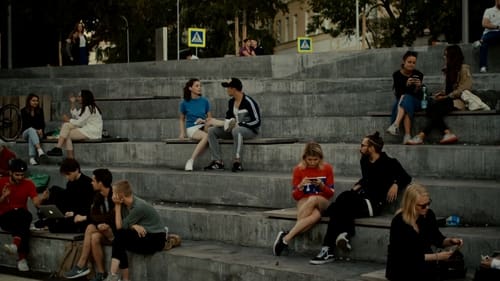Farewell Oak Street (1953)
Genre : Documentary
Runtime : 17M
Director : Grant McLean
Synopsis
This documentary presents a before-and-after picture of people in a large-scale public housing project in Toronto. Due to a housing shortage, they were forced to live in squalid, dingy flats and ramshackle dwellings on a crowded street in Regent Park North; now they have access to new, modern housing developments designed to offer them privacy, light and space.
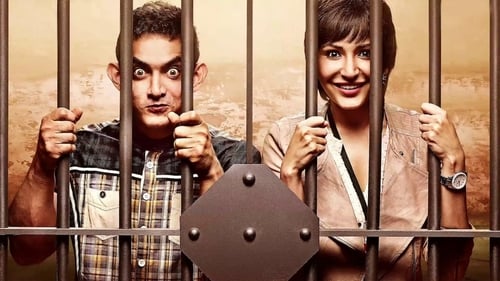
A stranger in the city asks questions no one has asked before. Known only by his initials, the man's innocent questions and childlike curiosity take him on a journey of love, laughter and letting go.

Nanni Moretti recalls in his diary three slice of life stories characterized by a sharply ironic look: in the first one he wanders through a deserted Rome, in the second he visits a reclusive friend on an island, and in the last he has to grapple with an unknown illness.
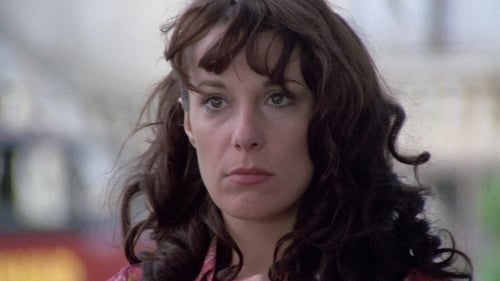
Stanislas Previne is a young sociologist, preparing a thesis on criminal women. He chooses Camille Bliss as his subject of study and begins to visit her in prison for interviews. Camille became acquainted with trouble at a young age and justifies her actions by "fate-bets." She is currently in prison for allegedly murdering one of her lovers. As she tells Stanislas of her life and love affairs, his interest in her grows to more than just professional. Can he resist her charm?
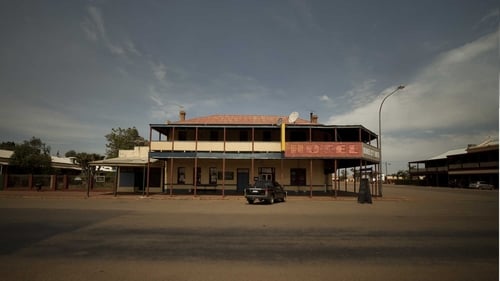
Described as “a nightmare version of Cheers” (POV Magazine) and “one of the most captivating Australian documentaries in recent memory” (Cinema Australia), HOTEL COOLGARDIE is a gripping portrait of outback Australia, as experienced by two ill-fated backpackers who find themselves the latest batch of “fresh meat” to work as barmaids in a remote mining town. Sometimes amusing, often confronting, the film has been applauded for its no-holds-barred, fly-on-the-wall storytelling, as it explores hot-button themes around misogyny and xenophobia via its depiction of two women attempting to adapt to living and working in a hyper-masculine, foreign environment.

Arguing that advertising not only sells things, but also ideas about the world, media scholar Sut Jhally offers a blistering analysis of commercial culture's inability to let go of reactionary gender representations. Jhally's starting point is the breakthrough work of the late sociologist Erving Goffman, whose 1959 book The Presentation of the Self in Everyday Life prefigured the growing field of performance studies. Jhally applies Goffman's analysis of the body in print advertising to hundreds of print ads today, uncovering an astonishing pattern of regressive and destructive gender codes. By looking beyond advertising as a medium that simply sells products, and beyond analyses of gender that tend to focus on either biology or objectification, The Codes of Gender offers important insights into the social construction of masculinity and femininity, the relationship between gender and power, and the everyday performance of cultural norms.

What happens when western anthropologists descend on the Amazon and make one of the last unacculturated tribes in existence, the Yanomami, the most exhaustively filmed and studied tribe on the planet? Despite their "do no harm" creed and scientific aims, the small army of anthropologists that has studied the Yanomami since the 1960s has wreaked havoc among the tribe - and sparked a war within the anthropology community itself.
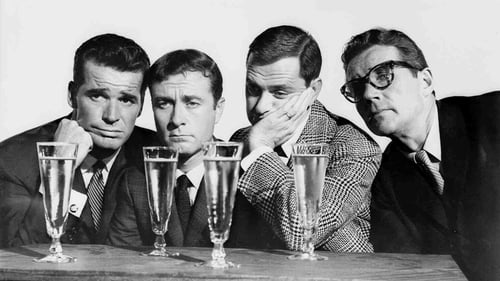
Fred, George, Doug and Howie are quickly reaching middle-age. Three of them are married, only Fred is still a bachelor. They want something different than their ordinary marriages, children and TV-dinners. In secret, they get themselves an apartment with a beautiful young woman, Kathy, for romantic rendezvous. But Kathy does not tell them that she is a sociology student researching the sexual life of the white middle-class male.

A director feels he is about to lose himself to the market forces and thinks that the only way he can protest is by making a political film. He contacts Thomas Hylland Eriksen, who will become his mouthpiece and articulate what is wrong. But along the way the director becomes distracted by another person, a young, fumbling girl reminiscent of himself.
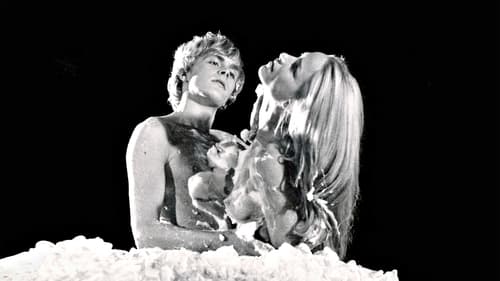
A lonely young suburban housewife participates in a radio interview survey while simultaneously engaging in an extramarital affair.

After losing his son in a traffic accident and his wife to mental illness, Harry moves to a gloomy Stockholm suburb. A local youth gang is harassing the neighborhood and Harry comes up with the idea of hiring the gang to kill the bureaucrats who are responsible for the construction of the suburb. The film is a fierce critique of the political project of building suburbs designed only for workers to sleep in and also wants to have a say in the debate over nature vs nurture.
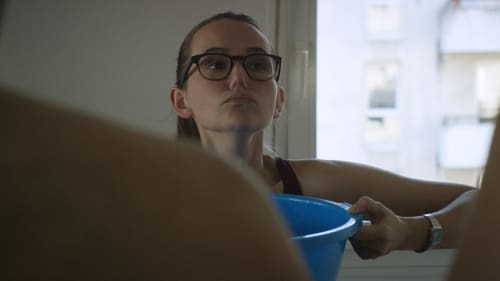
Thirty-year-old Mia, going through a divorce, shifts into a small studio apartment in a public housing project. A former swimming champion, she finds herself giving swimming lessons to the building's inhabitants. Without a pool.

As we wait to see whether Rupert Murdoch will fall from power and lose control of News International, Every Day is Like Sunday tells the forgotten story of the dramatic downfall of Cecil King—the newspaper mogul who used to dominate British media in the 1960s, before Rupert Murdoch arrived.
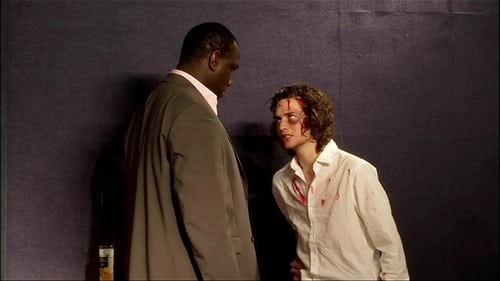
Steve, a 25-year-old Black man from the Paris suburbs, seeks to escape the violence of his immediate surroundings by training to become an actor at one of France’s most prestigious drama schools. But soon he discovers that the theater world is only interested in having him inhabit “Black” roles.

THE PERFUMED GARDEN is an exploration of the myths and realities of sensuality and sexuality in Arab society, a world of taboos and of erotic literature. Through interviews with men and women of all ages, classes, and sexual orientation, the film lifts a corner of the veil that usually shrouds discussion of this subject in the Arab world. Made by an Algerian-French woman director, the film begins by looking at the record of a more permissive history, and ends with the experiences of contemporary lovers from mixed backgrounds. It examines the personal issues raised by the desire for pleasure, amidst societal pressures for chastity and virginity. The film discusses pre-marital sex, courtship and marriage, familial pressures, private vs. public spaces, social taboos (and the desire to break them), and issues of language.

Director Drew Stone’s The New York Hardcore Chronicles Film is an incredible journey through the community and culture of the iconic New York hardcore scene. Not the typical history of a local music scene but so much more. Shot in an episodic format, the film contains over 60 interviews, never before seen footage, photos and a blazing soundtrack. With appearances by Roger Miret & Vinnie Stigma (Agnostic Front), Lou Koller, Craig Setari (Sick Of It All), Ray Cappo (Youth Of Today), Billy Graziadei (Biohazard), Billy Milano (S.O.D. / M.O.D.) and Mike Judge (Judge). The film addresses the community, culture, straight edge and DIY ethic of the hardcore scene in the greatest city in the world that is still vibrant, relevant and going strong to this day.

The film Together we cycle investigates the critical events that has led to the revival of the Dutch cycling culture. For most people, cycling in the Netherlands, seems a natural phenomenon. However, until the 1970s the development of mobility in the Netherlands followed trents across the globe. The bicycle had had its day, and the future belonged to the car. The only thing that had to be done was to adapt cities to the influx of cars. Then Dutch society took a different turn. Against all odds people kept on cycling. The question why this happened in the Netherlands, has not an easy answer. There are many factors, events and circumstances that worked together, both socially and policy-wise. In Together we cycle, key players tell the story of the bumpy road which led to the current state. Where cycling is an obvious choice for most citizens.
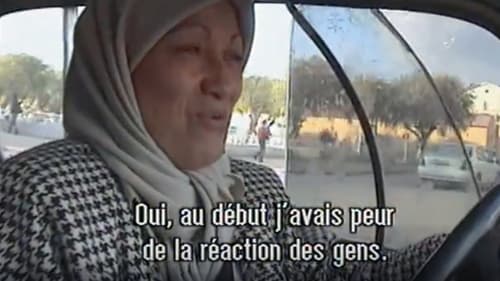
When her husband died Soumicha, mother of three, had to earn a living. She became the only woman taxi driver in Sidi Bel-Abbès, Algeria. This film accompanies Soumicha around a city where religious and political violence rages, and records her experiences in a job normally reserved for men.

Directed by Djafar Damardji.



